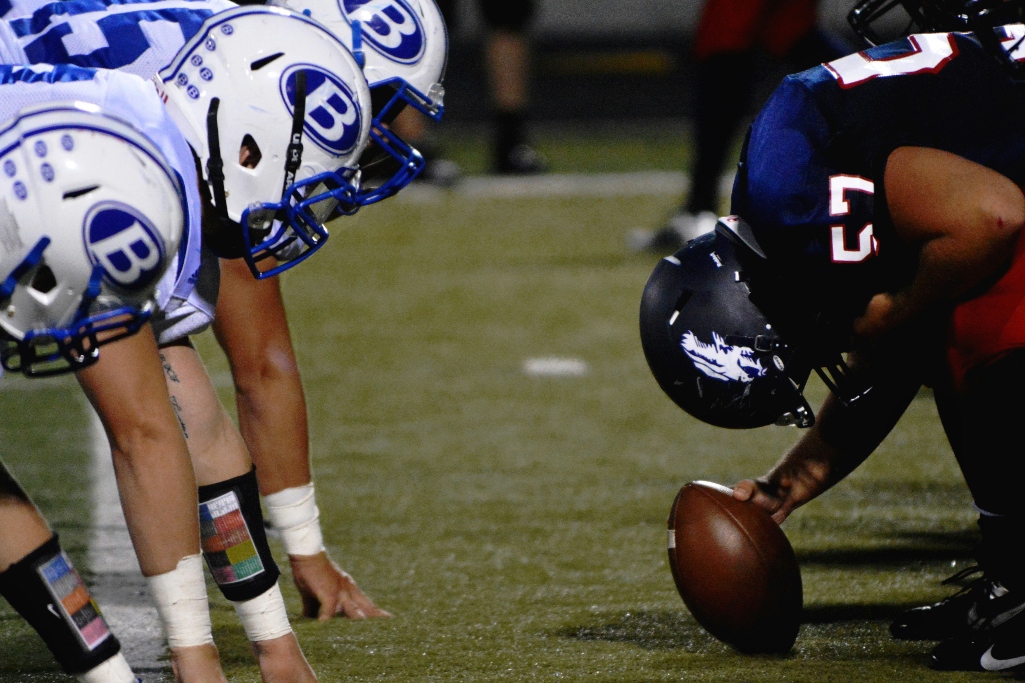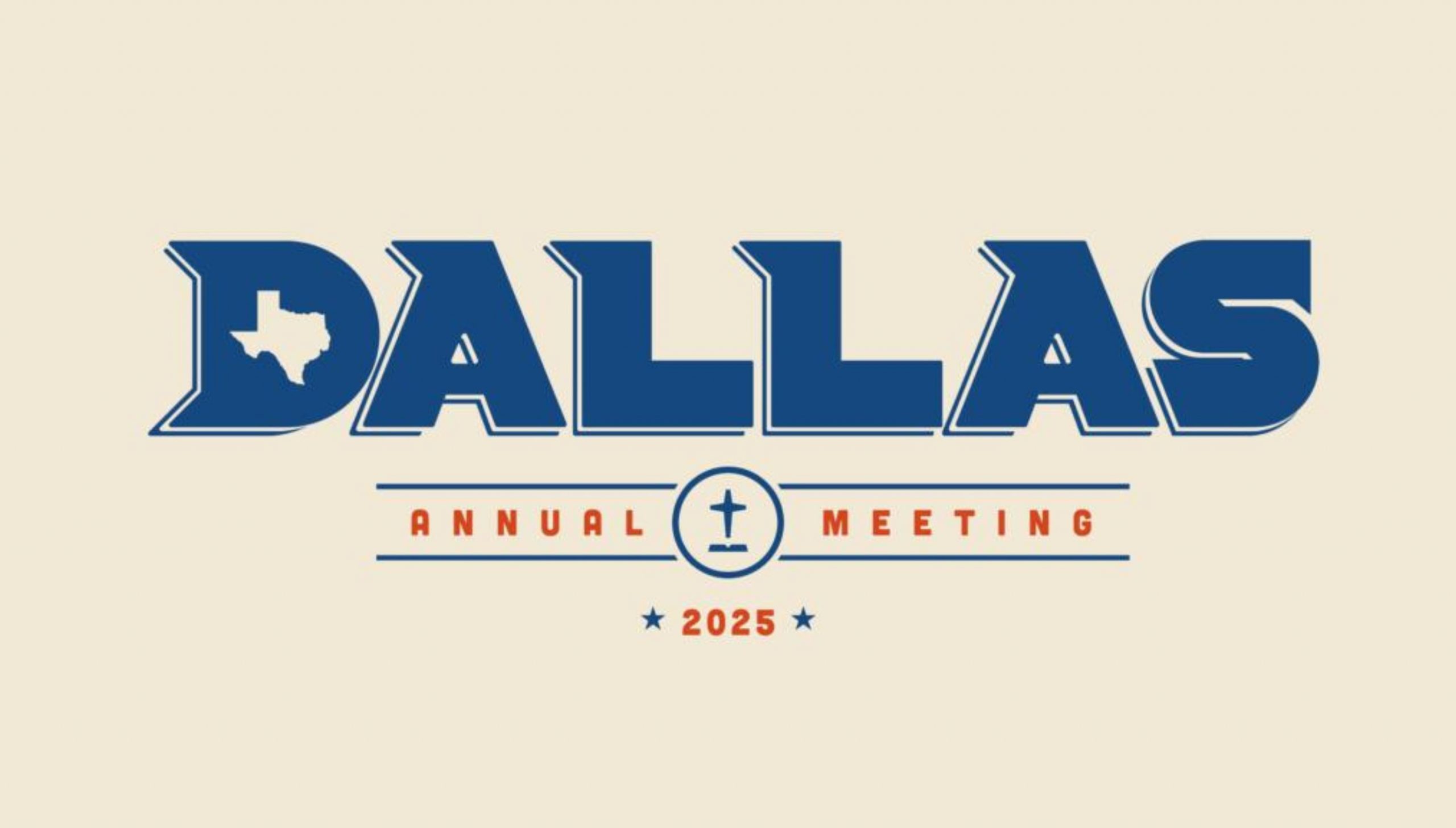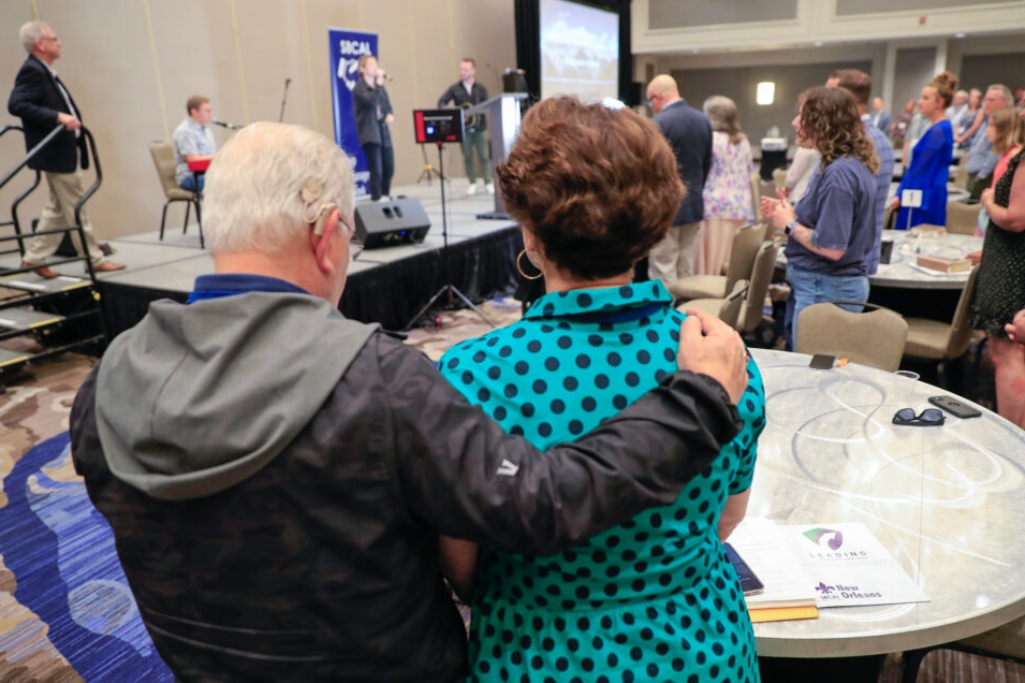
RENO, Nev. (BP) — Danny started betting on high school sports at age 12. He was good at it, so by 14 he had $80,000 in a bank account and a fake ID he used for gambling. That’s when his parents took him to see the family’s pastor, Joe Taylor at South Reno Baptist Church in Reno, Nev.
Gambling “is all I think about,” Danny told the pastor. “I’m quitting school. My parents are going to kill me, but I’m doing it because I can make a living that way.”
And he did — for a while. He bought a home, got married and used his incredible memory to count cards in casinos (which is illegal), amassing huge winnings. Finally, he decided to take small portions of crystal meth to intensify his recall. That led to a drug addiction, a divorce and eventually a call to his parents that Danny had been found dead in Las Vegas from an overdose. Taylor went with Danny’s father to identify the body.
“His body was emaciated,” Taylor said. “He looked like Danny, but he didn’t.”
That is one of many stories Taylor can tell about gambling’s ruinous results. He can see 14 casinos from his study window, and his church on average ministers to three people each day who have lost everything to gaming. He has thought about hiring an associate pastor solely to minister to people struggling with gambling. If you ask Taylor to tell you a story of someone who gambled in moderation and had fun, he can’t. “I don’t have any good stories,” he said.
Though sports gaming often is portrayed as harmless, Taylor and Southern Baptist ethicist Jeffry Riley seek to unmask the physical and spiritual destruction it causes.
With college and NFL football kicking off a new season, sports gambling is poised to ramp up. Since 2018, when the U.S. Supreme Court permitted all 50 states to sponsor gambling on sports, the industry has soared. Revenue from sports betting in America increased from $400 million in 2018 to $13.71 billion last year, according to ESPN. Football is the most popular sport for wagers, with $35 billion wagered during last year’s NFL regular season and nearly $1.4 billion on the Super Bowl alone.
Southern Baptist Convention (SBC) resolutions have condemned gambling at least 19 times, including a 2025 resolution “on the harmful and predatory nature of sports betting” that “condemn(ed) sports betting in all its forms.” Sports gambling, the resolution stated, is inconsistent “with the biblical principles of stewardship, work, and integrity.”
But can sports gambling be good, clean fun if practiced in moderation? No, says Riley, professor of ethics at New Orleans Baptist Theological Seminary.
The “appeal of gambling” is “related very directly to the sinful flesh,” he said, including covetousness, materialism and greed. Among Riley’s biblical reasons for opposing all forms of gambling:
- It discourages contentment (1 Timothy 8:8-10).
- It distorts Jesus’ command to take care of our neighbors (Matthew 22:39). Gambling is a “zero sum game,” where someone must lose for another to win. That constitutes “robbery by mutual consent.”
- It involves “the reckless investment of God-given resources” (Matthew 25:14-30).
- It undermines a healthy philosophy of work, industry and saving. The gambling industry is “gaining income by selling the myth of getting rich and getting the American dream without working for it.”
- It can be habit forming and addictive.
“Gambling factors out God,” said Riley, who served on the 2017 SBC Resolutions Committee, which proposed a resolution adopted by the convention “on the sin of gambling.”
The Ethics & Religious Liberty Commission (ERLC) released a publication called Pay to Play: A Practical Guide to Addressing Gambling in the Church earlier this year.
“This is such a serious issue, a plague that is affecting so many believers in our churches,” said RaShan Frost, director of research for the ERLC. “That’s why we worked hard to produce a theological and practical guide — in addition to an in-depth white paper — that we think will be helpful to pastors as they navigate this growing epidemic.”
The commission spoke against treating athletes as a commodity in a separate article this year.
“Christians need to make every effort to speak against the temptation of commodifying athletes, which sports betting inevitably fosters,” they said.
Baptists’ opposition to gambling dates to at least the 1800s, said Barry Hankins, professor of history at Baylor University. Although many 19th and early 20th century Baptists claimed “churches should stay out of politics” and only “address morality,” they “grouped gambling with things like alcohol consumption and dancing as moral issues.” That led to strong opposition to gambling.
As the 20th century wore on, Baptists divided over whether churches should engage the political realm, Hankins said. But even those “who remained wary of politics … tended to make exceptions for alcohol and gambling.”
But passion for opposing gambling may be waning in the 21st century, according to Lifeway Research. Just 55% of U.S. Protestant pastors believe betting on sports is morally wrong, a 2024 Lifeway Research survey found. That marks a slight decrease from a 2018 survey, in which 59% of pastors said sports betting is morally wrong.
A more drastic decrease came in the number of pastors who plan to do something about sports betting. In 2018, 88% of pastors said they had offered counseling in the past year for those struggling with gambling debt or addiction. In 2024, the figure dropped to 44%. In 2018, 65% said they had used private conversations to discourage participation in sports betting. The figure dropped to 32% last year.
“Pastors’ 2018 intentions were to fight to keep our culture from hurting itself by lowering a standard,” said Scott McConnell, executive director of Lifeway Research. “Now that most states have legalized sports betting, pastors appear less interested in focusing on this behavior.”
Taylor hopes that trend will reverse. God’s Word demands it, he says. If someone told him they were going to engage in moderate, recreational sports betting, he would hand them a Bible and say, “Tell me what you believe about that book.”
If they treat the Bible as their authority, he says, they will not gamble. He demonstrates that reality by asking would-be sports betters to read a series of Scriptures, including Proverbs 13:11, Hebrews 13:5 and Matthew 6:24.
“I want you to make a decision based on something you’ve gone before the Lord with,” Taylor said. He wishes Paul Miller would have made his decision that way.
Miller won big at gambling, buying homes and even an airplane with his winnings. Then he lost it all in a year, got divorced and committed suicide.
“I don’t know what is the worst drug here,” Taylor said. It might be gambling because “gambling robs you in a different way.”
(EDITOR’S NOTE — David Roach is a writer in Mobile, Ala. This story has been updated.)


